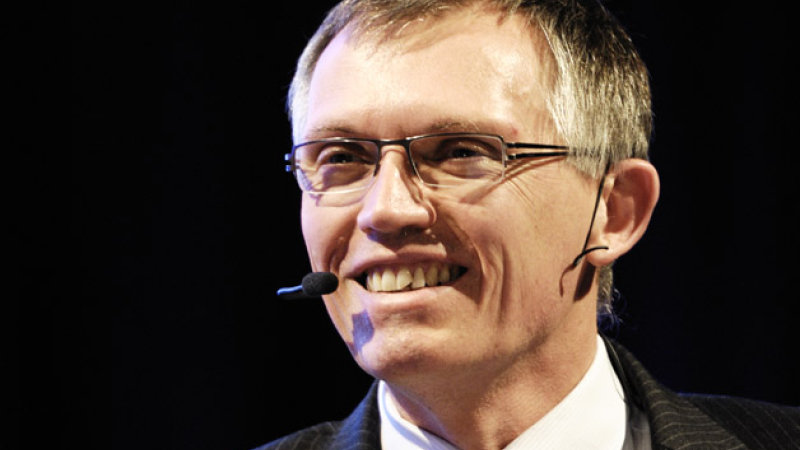Now Reading: Volkswagen reconsiders some demands for larger cost cuts
-
01
Volkswagen reconsiders some demands for larger cost cuts
Volkswagen reconsiders some demands for larger cost cuts

Volkswagen has rowed back on some needs for bigger cost cuts than formerly agreed with unions at its core Volkswagen brand, the works council stated on Tuesday, as both sides seek to end a conflict over carrying out a turnaround plan.
The automaker’s labor bosses previously this month stopped cooperation with VW brand management on concerns such as raising weekly hours for engineers and restricting apprenticeships after alleging executives of promoting savings beyond those agreed in the brand’s “future pact”.
However the works council stated on Tuesday management had deserted demands that an expensive night shift be ditched on the Golf hatchback’s assembly line and performance-based pay regulations be tightened and had cancelled a hiring with freeze.
“The works committee has asked management to go back to the path to the future pact,” a works council spokesman quoted labour chief Bernd Osterloh as stating at a personnel gathering in Wolfsburg. “We have meanwhile gotten a letter from management that vows that we will return to the contract status.”
A spokesman for Volkswagen verified the letter and stated both sides had solved their points of difference.
Volkswagen shares closed 1.4 percent greater on Tuesday at 144.15 euros.
Management and labor leaders concurred in November to cut 30,000 jobs at the Volkswagen division in exchange for a commitment to prevent obligatory redundancies in Germany up until 2025, a deal that leaves profitability still lagging competitors such as PSA Group and Toyota.
However the turnaround plan won’t yield the quick savings desired by brand chief Herbert Diess, who was referred to as a cost-cutter at BMW, and labor leaders have accused him of trying to cut temporary tasks more promptly and deeply.
Diess on Tuesday strengthened his call for a quick implementation of the future pact, which he dubbed a “concrete and bold plan” to revive VW’s biggest department by sales.
Regardless of weakening demand for core car models such as the Golf and Passat, automaker in 2016 started making “first progress” in cutting fixed expenses and raising productivity, Diess stated.
“2017 will be a good but strenuous year,” he stated.
Stay Informed With the Latest & Most Important News
Previous Post
Next Post
-
 01Polestar Boss Says It’s Time To Outrun BMW M And Mercedes-AMG
01Polestar Boss Says It’s Time To Outrun BMW M And Mercedes-AMG -
 02Spy Shots: 2027 Mitsubishi Pajero Spotted in Testing Ahead of Possible U.S. Return
02Spy Shots: 2027 Mitsubishi Pajero Spotted in Testing Ahead of Possible U.S. Return -
 03Spy Photos: VW ID. Polo GTI Goes Electric with 223 HP and 280 Miles of Range
03Spy Photos: VW ID. Polo GTI Goes Electric with 223 HP and 280 Miles of Range -
 042026 Toyota Hilux EV: A Powerful Truck with Silent Torque
042026 Toyota Hilux EV: A Powerful Truck with Silent Torque -
 05The Controversial Ford Voodoo V8 That Was Killed Off Too Early
05The Controversial Ford Voodoo V8 That Was Killed Off Too Early -
![2027 Mercedes-Benz S-Class Debuts with V8 Engine [Photo Gallery]](https://speedlux.com/wp-content/uploads/2026/01/2027-Mercedes-Benz-S-Class-33-155x125.jpg) 062027 Mercedes-Benz S-Class Debuts with V8 Engine [Photo Gallery]
062027 Mercedes-Benz S-Class Debuts with V8 Engine [Photo Gallery] -
 07Hyundai Palisade’s Breakout Year Shows How Quickly the Market Can Turn
07Hyundai Palisade’s Breakout Year Shows How Quickly the Market Can Turn


![2027 Mercedes-Benz S-Class Debuts with V8 Engine [Photo Gallery]](https://speedlux.com/wp-content/uploads/2026/01/2027-Mercedes-Benz-S-Class-33-700x394.jpg)












































